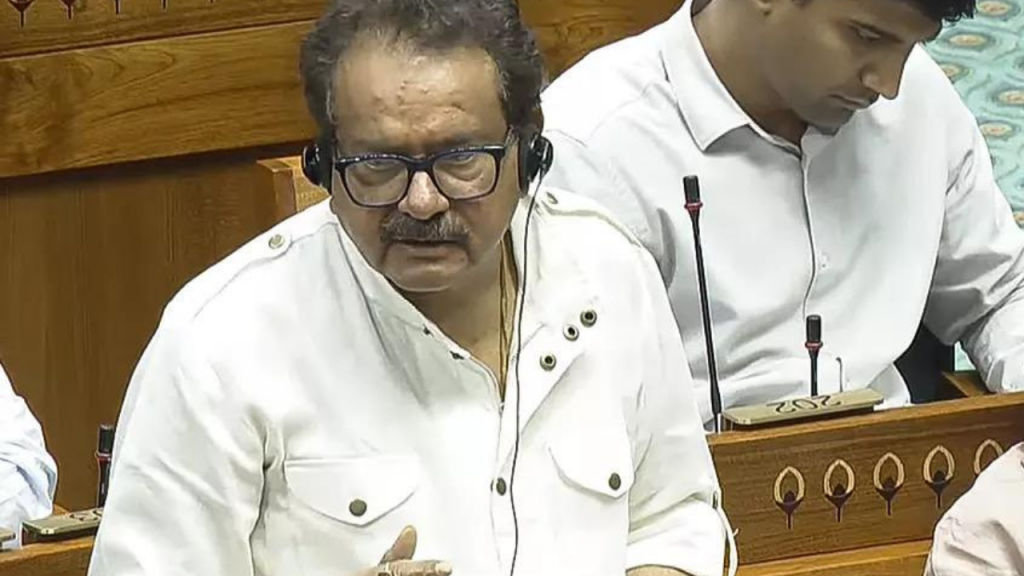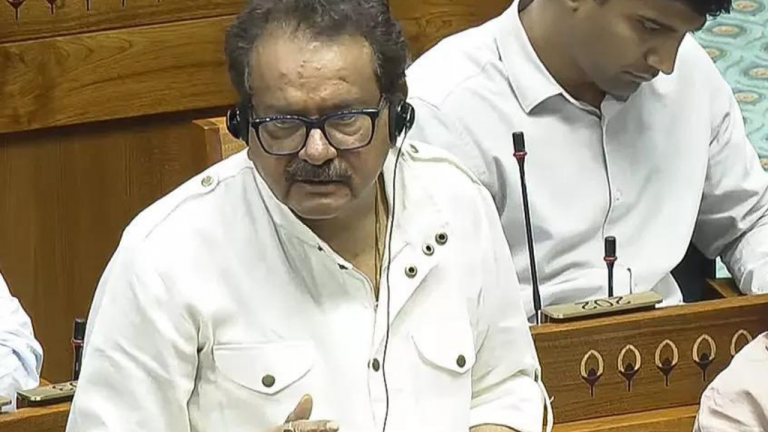In a significant development for the education sector in India, the National Education Policy (NEP) 2020 has been approved by the Union Cabinet. The NEP aims to overhaul the country’s education system and bring about several key changes to promote holistic learning and skill development among students. One of the major highlights of the NEP is the introduction of a new school structure, which will now comprise of 5+3+3+4 design – consisting of 12 years of schooling with three years of Anganwadi/pre-schooling. The policy also focuses on promoting multi-disciplinary learning, flexibility in subject choices, and vocational education from the school level. Furthermore, the NEP emphasizes the importance of early childhood care and education, stating that the foundational years from ages 3 to 8 are critical for a child’s development. With an emphasis on mother tongue or regional language as the medium of instruction up to Grade 5, the policy aims to ensure better understanding and comprehension among students. The NEP also advocates for the integration of technology in education, aiming to improve the quality of teaching and learning processes. Overall, the approval of the National Education Policy 2020 is seen as a landmark moment in Indian education, with the potential to bring about transformative changes in the way students learn and grow in the country.

Posted in
JUST IN
“India’s Supreme Court rejects plea to postpone NEET, JEE exams amid pandemic concerns”
In Trend

Cardinal Kevin Farrell steps into spotlight as camerlengo following Pope Francis’s death, overseeing Vatican during interregnum.





















